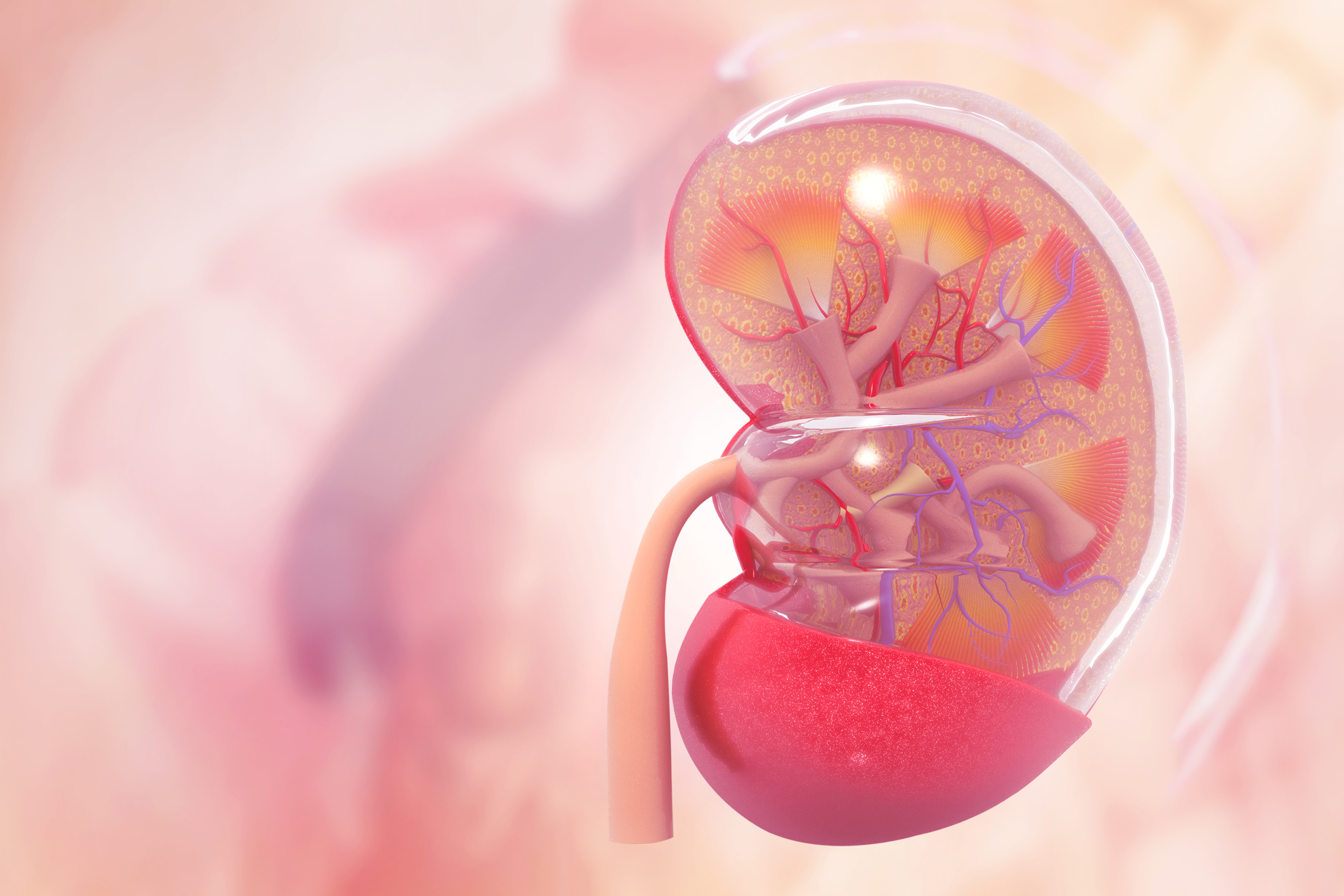FDA Grants Breakthrough Therapy Status to Gazyva for Treating Lupus Nephritis
Written by |

The U.S. Food and Drug Administration (FDA) has granted the designation of breakthrough therapy to Gazyva (obinutuzumab) for the treatment of adult patients with lupus nephritis, a life-threatening kidney inflammation.
The breakthrough designation is given to medications that provide significant advantages over currently available options. It is intended to accelerate the development, review, and approval of medications to treat serious or life-threatening conditions. Gazyva is the 27th medication from Roche’s drug portfolio to receive the designation.
“New treatment options are needed for lupus nephritis, a potentially life-threatening inflammation of the kidneys that most commonly affects women,” Sandra Horning, MD, chief medical officer and head of Global Product Development at Roche, said in a press release. “We are committed to developing Gazyva as a potential new therapy for lupus nephritis and plan to begin enrolling patients in a Phase 3 trial next year.”
Gazyva, developed in the U.S. as part of a collaboration between Genentech, a subsidiary of Roche, and Biogen, is approved for certain blood cancers, including chronic lymphocytic leukemia and follicular lymphoma.
The therapy is a monoclonal antibody that binds CD20, a protein found on the surface of certain healthy and malignant B-cells, destroying them. However, its mechanism of action also suggests Gazyva may be useful to prevent excessive inflammation associated with several autoimmune diseases, including lupus.
The breakthrough designation for treating adult patients with proliferative lupus nephritis was granted based on findings from the ongoing NOBILITY Phase 2 trial (NCT02550652), which is assessing the safety and effectiveness of Gazyva in combination with standard care agents — mycophenolate mofetil (MMF), or mycophenolic acid (MPA) and corticosteroids.
NOBILITY enrolled 126 patients who were assigned randomly to receive infusions of Gazyva, or a placebo, in combination with MMF/MPA and corticosteroids on days 1, 15, 168, and 182.
The trial’s primary goal was to assess whether Gazyva increased the percentage of patients achieving complete renal responses at week 52, compared to the standard treatment regimen. Secondary goals included overall response rates at week 52, as well as the levels of markers of disease activity.
Top-line data from NOBILITY revealed the trial met its primary goal, as well as key secondary goals, with a higher percentage of patients treated with Gazyva achieving complete and partial renal responses, as well as overall responses, after one year of treatment, compared to those treated with standard care agents alone.
Full data from NOBILITY will be presented at an upcoming medical meeting before the end of the year, Roche said.




